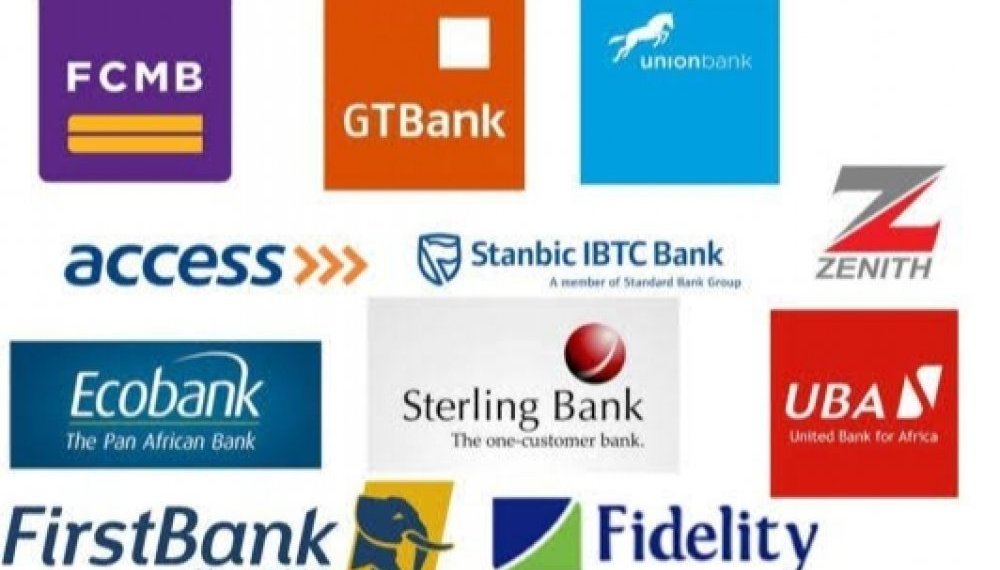Nigerians conducted electronic transactions in just four payment categories, summing up to N178 trillion in 2020 alone, a half bigger than the N119 trillion reported the year before
Most Nigerian banks ironically lost e-business revenue in 2020 after the coronavirus crisis-induced lockdowns pushed more people online, with increased online payments and transfers, with only four of 12 banks reviewed recording increased e-business income.
Only Access, UBA, First Bank and Fidelity Bank made money that year compared to the previous 2019. Two of the biggest five — Guaranty Trust Bank and Zenith Bank — lost big, with Zenith losing 37 per cent and GTB losing 25 per cent of their e-business revenue.
Taken together, the 12 banks recorded more e-business income in 2020 than they did the previous year.
E-commerce is seeing a boom never before experienced in Nigeria, made possible by a buoyant consumer spending, a dynamic youth population (one of the largest in the world) and a smartphone revolution that seems to be erasing all social divides: the educated and the unlearned, the affluent and the poor, the young and the old, males and females.
Now at $12 billion, the market could balloon to $75 billion come 2025, according to an International Trade Administration forecast, underscoring how digitalisation can radically transform bank-supported transactions and other payment processes in just a few years.
As the decade ticked to its end in 2020, the boom took a new turn on a scale so vast that the volume and value of electronic banking deals initiated by customers across payment channels outpaced the previous year’s and touched the farthest peak since Nigeria’s interbank settlement database began formal record in 2017.
Amid the pandemic, governments imposed lockdowns and other contact-forbidding measures. But COVID-19 has became a positive disruptive force that revolutionised the where, when and how people conduct everyday transactions, which are increasingly taking various do-it-yourself modes across e-channels.
With the growth rates of e-payment transaction volumes and values for 2020 far surpassing those of the preceding years across most channels and early data for 2021 even showing a more optimistic trend through higher volume and value levels January through May, there is no doubt e-banking has reached its breakout moment.
Nigerians conducted electronic transactions in just four payment categories (POS, E-Bills Pay, NIP and ACH) summing up to N178 trillion in 2020 alone, a half bigger than the N119 trillion reported the year before, according to the Nigerian Inter-Bank Settlement System (NIBSS), which runs the banking sector payment database in Africa’s largest economy.
And that is not to mention transactions like mobile money operations, web payments, ATM operations and others that are not strictly electronic in nature.
The progress recorded in volume was similarly impressive, if not more, with the magnitude of deals executed during the year standing 77 per cent higher than 2019’s at 3.734 billion.
But perhaps more significant than the figures are the far-reaching benefits this rapid shift from legacy banking to a more digitalised settlement system having individuals set up transactions directly for themselves or others will have for banks and their customers, businesses and the economy.
E-banking is imposing a new order that will reduce footfall in banks’ service outlets and cut banking hall traffic beyond measure, helping ease pressure off staff and operations, and of course curb costs.
For instance, mobile fund transfers, obviously more popular among the youth by reason of their deeper obsession with digitalised services than others, rose by 222 per cent to 132.979 million, affirming a deeper uptake of e-products and a consistent one at that, when the previous three years are considered. In value terms, mobile fund transfers nearly tripled during the year, reaching N3.050 trillion.
Individually, most Nigerian banks lost e-business revenue. They, however, earned N217.869 billion between them in 2020, which compares with the N217.645 billion of 2019. Even though the margin was narrow, the 2020 figure highlights the resilience of lenders in bracing up to industry reforms capable of hurting income.
In January, the Central Bank of Nigeria implemented a rate cut on fees from e-banking deals of different transaction value ranges. But that could not hold a couple of banks from bettering the previous year’s figures.
Interestingly, of the four banks that posted growth in e-business income of all the commercial banks listed on the Nigerian Exchange (excluding Ecobank Transnational Incorporated) three belong to the Big 5 Banks commonly called FUGAZ after the first letters of their names.
It points not only to the earnings power of Nigeria’s biggest banks by assets but also to how massive that power is as to enable those three of the 12 banks tracked by PREMIUM TIMES, to turn the e-business earnings of the entire group from recording a fall in a year in which the economy hit its lowest moment in four years and entered a recession.
